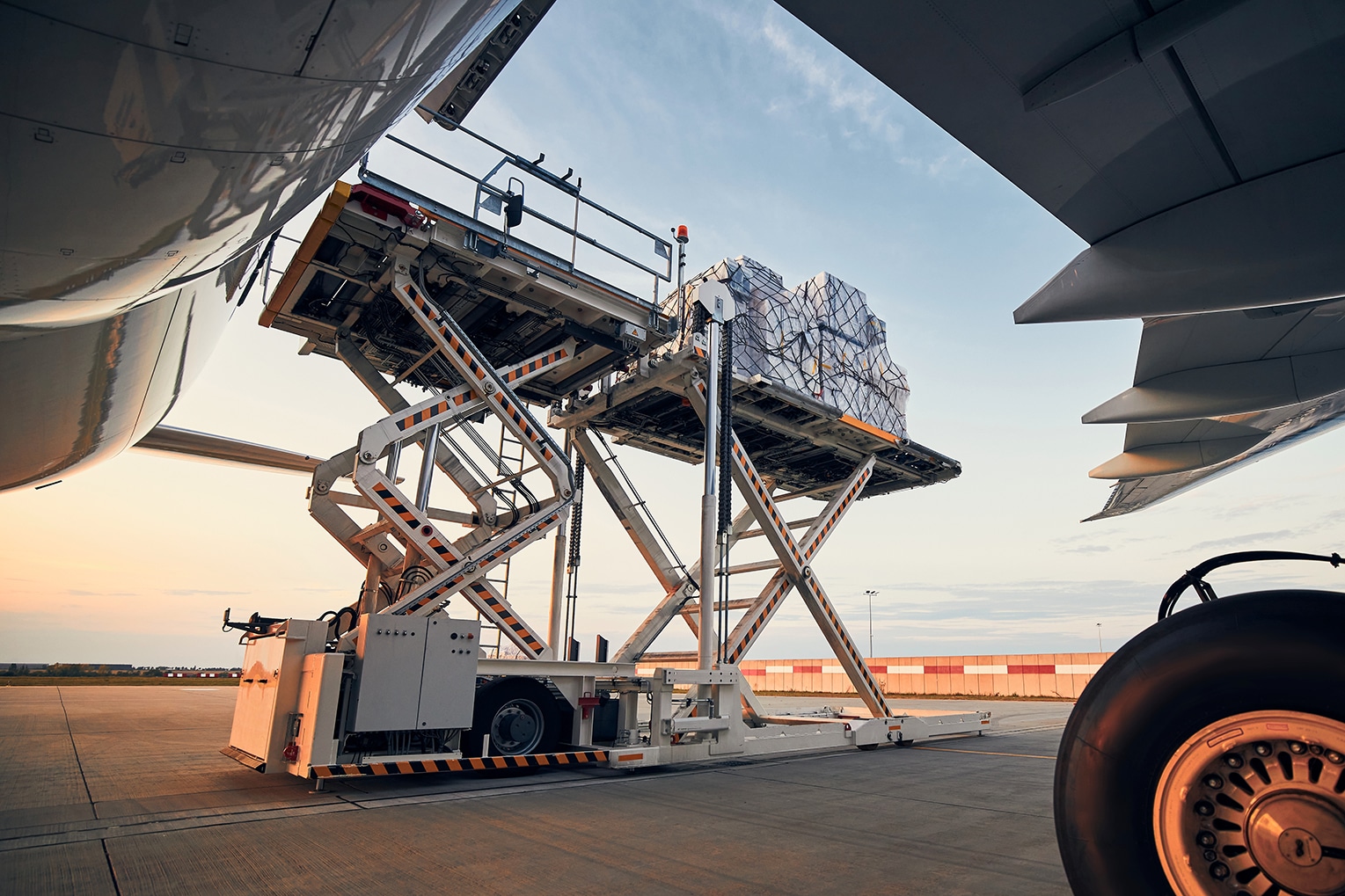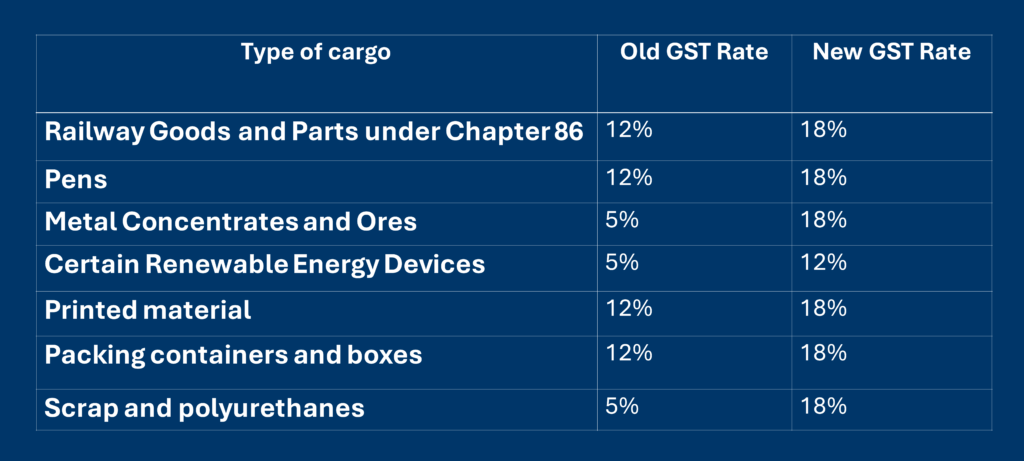The product base categorised tax system, known as Goods and Service Tax, is an unified indirect tax system implemented in India on July 1, 2017 and has replaced many indirect taxes in India, such as the excise duty, value-added tax (VAT), and services tax. It is a comprehensive, multi-stage and destination-based tax that is levied on every value addition and economic condition.
The Goods and Services Tax Act came into effect on the 1st of July, 2017 and is levied on every point of sale, from manufacturing to the final sale to the consumer. It aims to streamline the taxation system by applying a single tax rate across the country for the supply of goods and services. It is designed to eliminate cascading effects, promote transparency, and create a common market across India.






